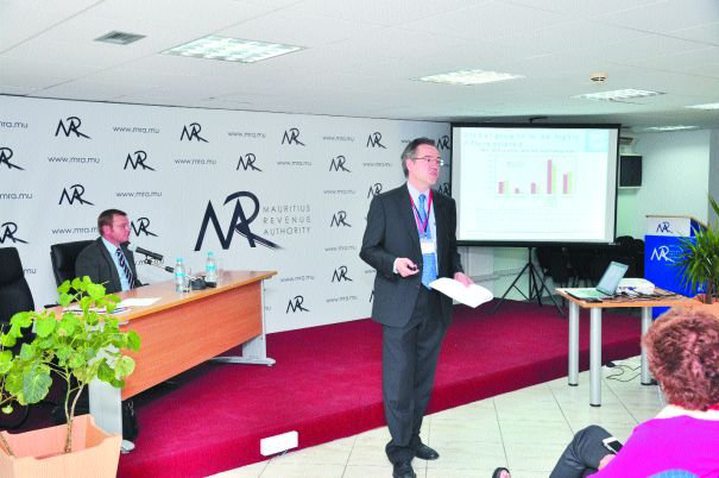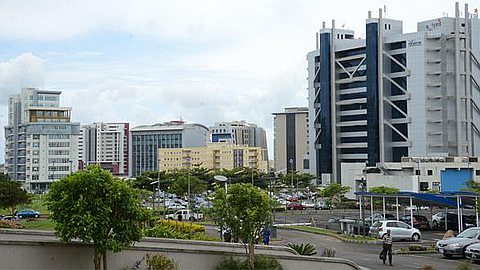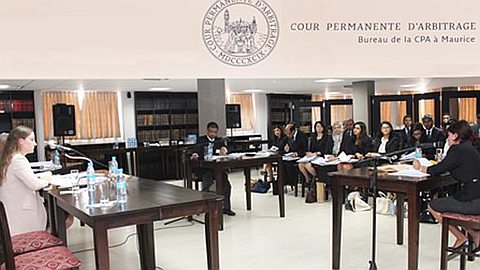The IMF Recommends Caution for Mauritius

" While broadly improving, the road ahead remains bumpy for the global economy," said Martin Petri, 'Deputy Division Chief' of the African Department of the IMF. " Subsaharan Africa is doing relatively well, with a slight acceleration projected in the future," he said. It should be noted, however, that growth will remain stable in Mauritius, unlike for example in South Africa where the growth will fade Africa. In the future, there is a risk of stagnation in the euro area and a decline in the growth of BRICs.
"Inflation has receded in most of the region, due to the stabilization of world commodity prices, improved local weather and a restrictive monetary policy," also notes the same report.
For 2013-2014, the IMF expects a "modest acceleration" in the rate of growth as "inflation is expected to continue its downward trend." The IMF focuses on the key role of investment in the export sector as a source of growth. The late effects of floods in 2012 in Nigeria, drought in other regions, and the end of conflict in parts of Africa, are positive factors for growth.
The IMF also said in the report the need for fiscal shocks ('built in Stabilisers') that as soon as an external shock is felt, begin and therefore contributes to economic stability. Given the low inflation rates, leaders should take the opportunity to recreate the fiscal shock. About Maurice, Martin Petri said: "Mauritius shoulds build buffers fiscal policy over the medium term to Reduce external vulnerabilities. The Country Should Have Targeted better social benefits and public enterprise transfers Reduce. "
During a presentation by Vitaliy Kamarenko, center manager AFRITAC South Wednesday in Port-Louis, it noted that the narrow financial markets limit the borrowing capacity of some countries. He recommended that African countries focus on the development of their financial markets to fiscal space, while engaging efforts to continue reforms. These reforms must take towards a rationalization of expenditure, a revenue mobilization.
Similarly, access to capital markets has improved, says the IMF, thanks to favorable financing conditions in global markets. This is a boon for the issuance of international bonds.
But remain cautious about fiscal management. On the other hand, the report addresses the issue of the reform of energy subsidies, which account for about 3% of GDP, and are often poorly targeted. On the public finances of Maurice, Martin Petri says: "56% of public sector debt is Relatively high. Mauritius must make efforts to Reduce the level of debt through gradual fiscal consolidation, in order to be ble to better sponds to an adverse global shock. "
Growth of 3.7%
According to statistics IMF forecasts a record this year Maurice investment rate of 25.1%, and 25.3% in 2014. The IMF expects, moreover, a real GDP per capita approaching 3.8% next year against 3.2% this year and 2.7% last year. It is a good relatively good performance given the current context, the IMF said. Real GDP is expected to grow 3.7% this year and expected to reach 4.4% in 2014, according to the IMF. Gross national savings in Mauritius should forelock around 15 to 16% by next year. The rate of inflation is projected to remain low in Mauritius, according to the IMF.





